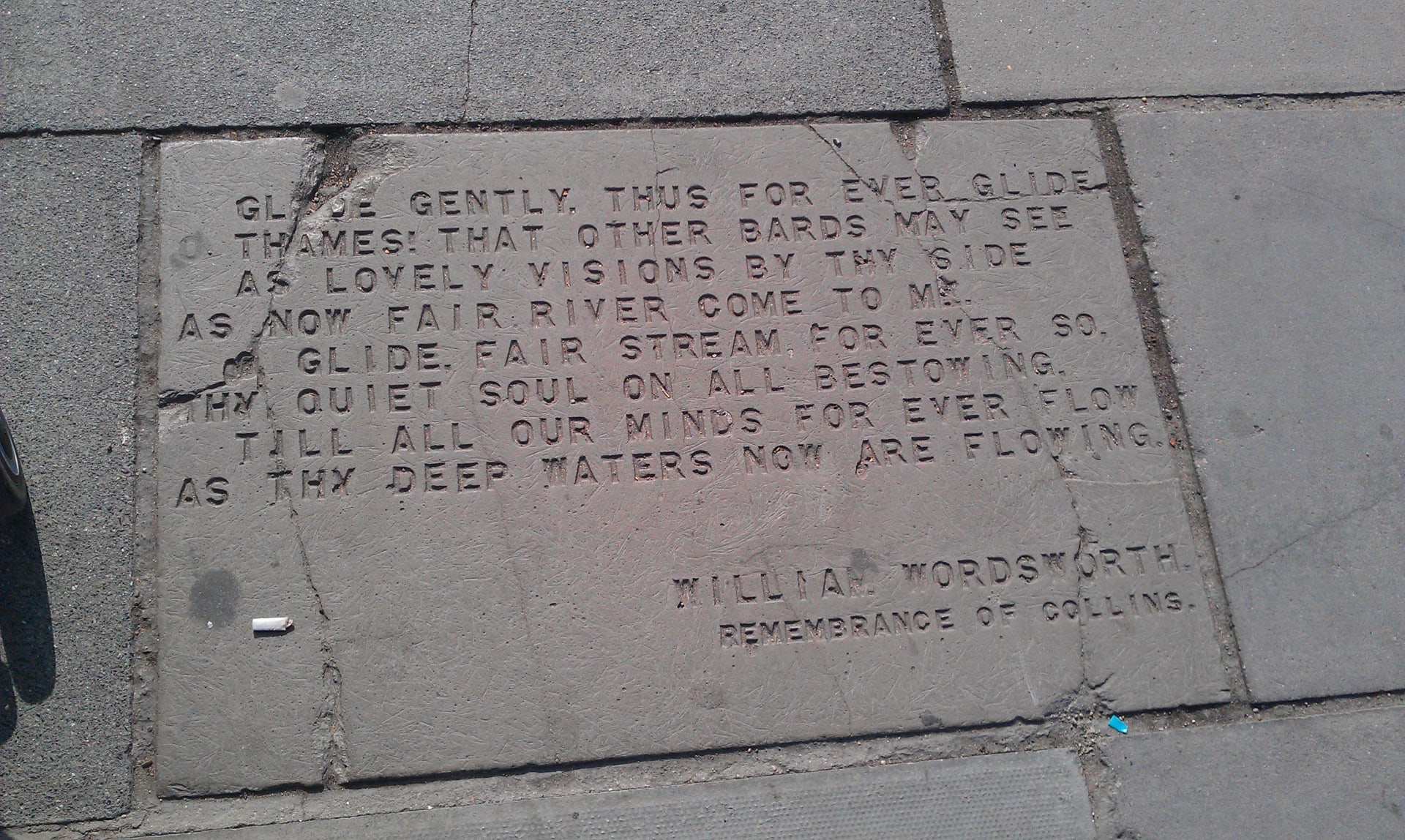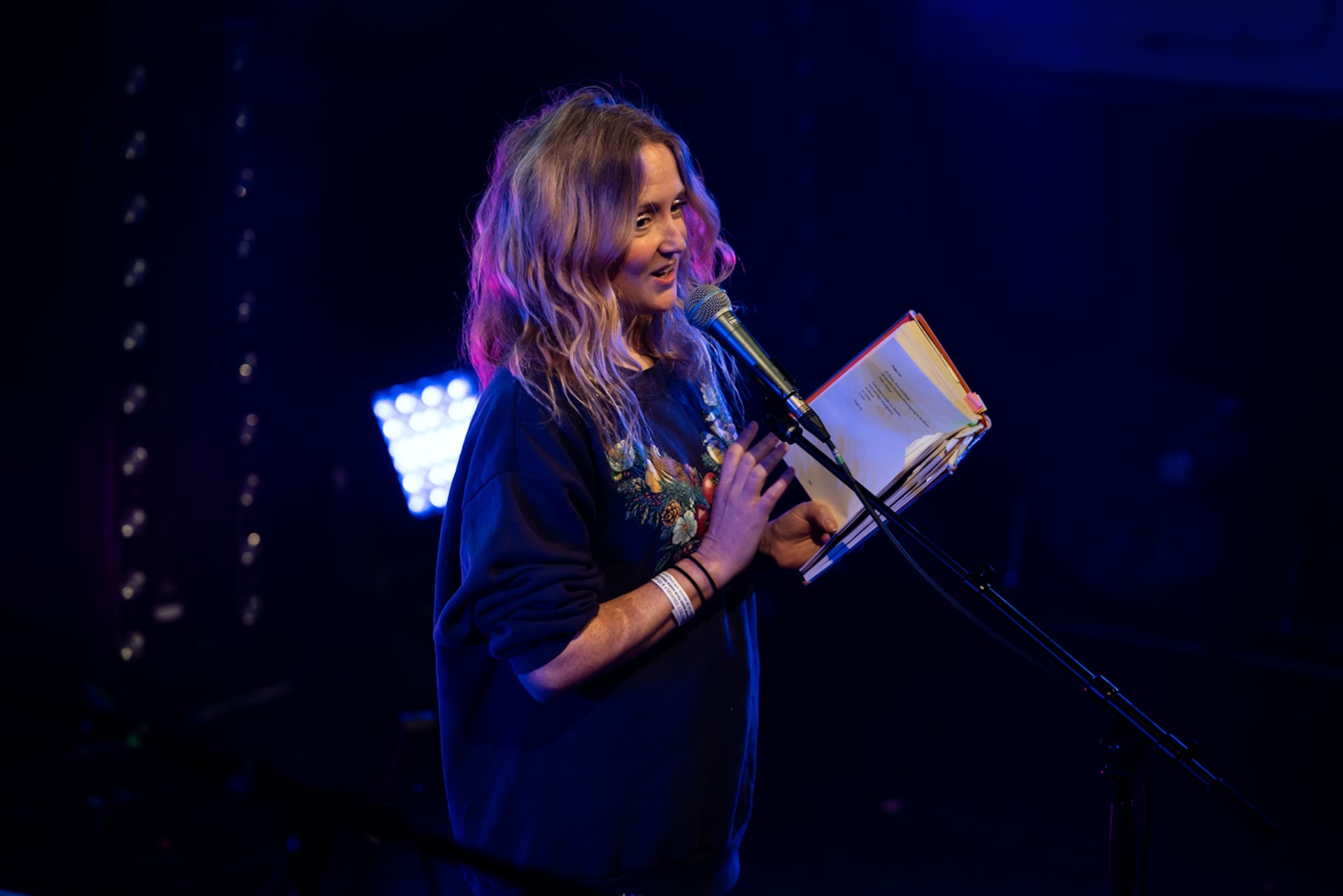The October edition of OX is traditionally themed around the (rather loose) concept of ‘words’. Not only does Oxfordshire as a county enjoy a plethora of literary festivals in the Autumn months – Henley, Thame, Wantage and also a mini Oxford Lit Fest in September with Burford at the end of that month – but 6 October sees the whole country come together to celebrate National Poetry Day. This year the event takes The Environment as its focus, and we have echoed this throughout our pages in this issue.
There’s something about poetry that inspires reflection; a poem can put words to the unsayable, the indefinable and sometimes the unknowable – at a conscious level, at any rate. In the same way that song lyrics can so effortlessly but meaningfully tap into our emotions, so poetry also has the ability to speak to our souls. A little fanciful, perhaps, but also true. Whether it’s provoking laughter in the form of risqué limerick or nostalgia in the form of a childhood favourite, poetry’s reach is immense. We read poems at the momentous events in life. What is a wedding without a reading? From ee cummings “i like my body when it is with your body. it is quite so new a thing” to Shelley “And the sunlight clasps the earth, And the moonbeams kiss the sea: What is all this sweet work worth, If thou kiss not me?” – we all look to poets to parse on love.
And, of course, funerals. There is immense comfort to be found in the stanzas of Henry Scott Holland;
Death is nothing at all.
It does not count.
I have only slipped away into the next room.
Nothing has happened.
…Call me by the old familiar name.
Speak of me in the easy way which you always used.
Put no difference into your tone.
Wear no forced air of solemnity or sorrow.
Taking The Environment as a theme is an exciting prospect. Poets have used their craft to describe a relationship with nature across the centuries; from Wordsworth, who seeks solace from overwhelming existentialism by connecting nature and humanity;
I wandered lonely as a cloud
That floats on high o'er vales and hills,
When all at once I saw a crowd,
A host, of golden daffodils;
to Keats’ whose consideration of the passing seasons in To Autumn seems to reconcile nature’s life cycle and our own.
Season of mists and mellow fruitfulness,
Close bosom-friend of the maturing sun;
And, more recently Ursula K Le Guin’s paean ‘To The Rain’ whom she sees as ‘teaching our troubled
souls in your ceaseless descent, to fall, to be fellow, to feel’.
Whilst poetry and nature are a timeless marriage, poems that speak to the environmental crisis are more modern, as evidenced by Tony Walsh’s deft lyricism in Litter is Rubbish:
There's chip packets and crisp packets and broken glass and tins
There's lazy people, crazy people, walking past the bins
And putting parts of pizzas on a stack of stuff that stinks
With its rejoinder,
I said, please don't drop it, if we stop it, everybody wins
Just put your flipping litter in the flipping litter bins!
The picture painted is of a landscape with which we are all too familiar in the 21st century. After all, observation and the ability to convey a sense of place in a way that makes his work vividly relatable is one of the Mancunian poet’s gifts. An ambassador for National Poetry Day in 2019, his performance of the memorable This is the Place at the vigil for victims of the Manchester Arena bombing in 2017 achieved iconic status.
Louisa Reid, author of Gloves Off, in her poem, Decimation paints a starker picture:
They’re cutting down the trees.
And all I can hear
above the machines
is a voice
screaming
Hurt not the trees!
Hard to believe the girl up there,
held high by branches,
is real.
Her hair flies in bunches and
she’s waving a flag
that she’s made of her clothes.
Half-naked she stands
astride the world,
in her bra and ripped jeans,
in the rain,
certain she’ll stop the bulldozers,
the saws,
that grate and grind,
salivating, mechanical wolves,
teeth bared
and tearing at air.
I dream of doing
something incredible.
I dream of daring to do the impossible
sometime,
soon,
before it’s too late.
Brian Moses is a children’s poet, with over 200 published books to his name. His poem, Custodian, centres the role of the individual in taking care of the planet. It’s a really inspiring piece and its simplicity has the wondrous effect of dimming the clamour, the fear and the overwhelming feeling of despondency surrounding issues of climate change and environmental crisis. It gives power and agency back to the reader
I am a custodian.
Custodian of the landscape,
its mysteries and memories.
Custodian of the may blossom
that wakes the hedges
after winter slumbers.
Custodian of languages:
the calling of cattle at first light,
the arguments of foxes,
the complaining of sheep
the gossip from overhead geese.
Custodian of the berries and sloes,
the rich bounty of hedgerows,
of the fallen trees,
the scampering of squirrels,
the whirring of pheasants’ wings,
the hide and seek deer,
the woodpecker’s drum roll.
Custodian of winter’s snow
and summer’s draught,
of sunset and sunrise,
of misty hideaways,
of dripping fog,
of woods and streams,
the valleys, hills and skies.
I am a custodian.
I have no desire to own these things,
these places, just to know
that on my watch,
and until I relinquish responsibility -
All is as it should be.
Finally, if you use social media let us recommend following #NationalPoetryDay in the run up to and throughout the day on Thursday 6 October. It’s one of those times where the medium comes into its own, creating a sense of community through sharing the written word.
Poetry reprinted in full is with the kind permission of the authors, Tony Walshe, Louisa Reed (and Guppy Books) and Brian Moses. Their work and others around the theme can be found at nationalpoetryday.co.uk. National Poetry Day is a Forward Arts initiative, founded in 1994 and supported by Arts Council England.









